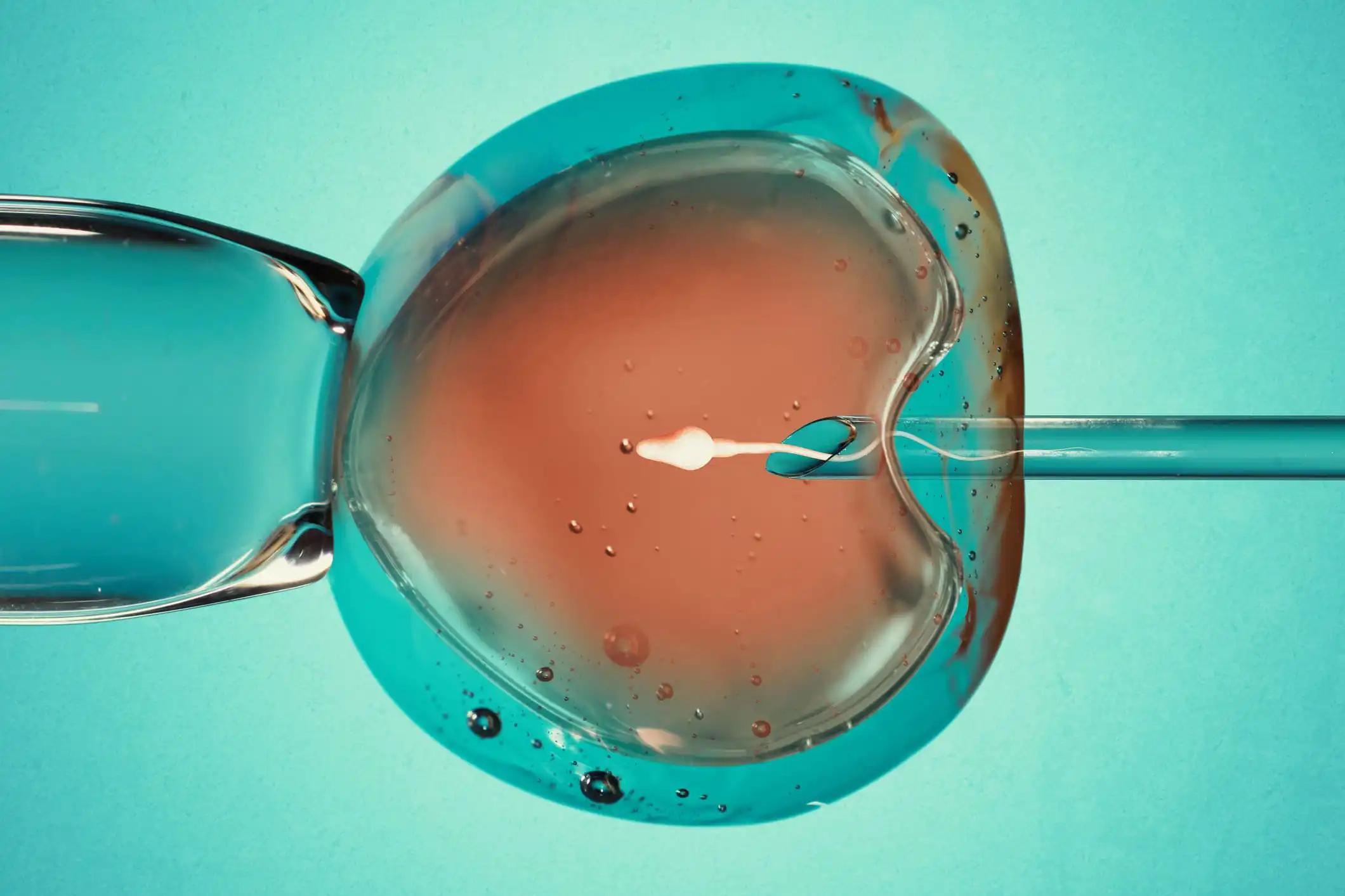KEY TAKEAWAYS
- This exploratory post hoc analysis of the phase 3 DANUBE trial assessed the correlation between imAEs and patient clinical outcomes.
- The study’s primary aim was to evaluate the correlation between imAEs and OS in mUC patients treated with D alone or combined with T.
- The study’s outcome suggests that patients who experienced an imAE while receiving treatment with D+T had a comparatively higher median OS.
- The most common imAEs observed in the study were in the endocrine, integumentary, and gastrointestinal systems.
- Patients with metastatic urothelial cancer who developed imAEs on durvalumab plus tremelimumab had longer mOS.
- Managing imAEs is crucial for patients to derive optimal therapeutic benefit from ICI treatment.
ICIs are a crucial component of the therapeutic regimen for mUC. According to research, certain types of cancer have demonstrated a correlation between the emergence of immune checkpoint inhibitor-associated immune-mediated adverse events (imAEs) and clinical results. In this exploratory post hoc analysis of the phase 3 DANUBE study, researchers assessed the correlation between imAEs and clinical outcomes in patients diagnosed with metastatic urothelial carcinoma (mUC) who received treatment with either Durvalumab (D) at a dose of 1500 mg every 4 weeks or a combination of Durvalumab (1500 mg every 4 weeks) and Tremelimumab (75 mg every 4 weeks for up to 4 doses, followed by Durvalumab every 4 weeks). The data about patients, including their age, gender, Eastern Cooperative Oncology Group performance status, and programmed death ligand-1 expression (tumor cells ≥25% or immune cells ≥25% algorithm), were subjected to analysis for D and D+T. The medical interventions, adverse events, and results about overall survival (OS) and progression-free survival (PFS) were gathered. A Cox model was executed, utilizing imAEs as a covariate that varies with time while computing the median overall survival (mOS) and hazard ratios (HR) in patients with and without imAEs. A total of 346 patients received D, and 342 patients received D+T. Among patients treated with D, 63 out of 346 individuals (18.2%) experienced an immune-mediated adverse event (imAE).
Of those imAE cases, 40 were classified as Grade 1 or 2, while 23 were classified as Grade 3 or higher. In the case of D+T, 126 out of 342 patients (36.8%) experienced an immune-mediated adverse event (imAE), with 67 patients experiencing Grade 1 or 2 imAEs and 59 patients experiencing Grade 3 or higher imAEs. The prevailing incidences of imAEs were observed in the endocrine system (D, n=23; D+T, n=45), integumentary system (D, n=11; D+T, n=20), and gastrointestinal system (D, n=8; D+T, n=35). In patients who were administered D and D+T together, those who experienced an immune-mediated adverse event had a comparatively higher median overall survival of 447 days (95% CI [307-768]) than those who did not experience such an event (median overall survival: 422 days, 95% CI [368-460]; hazard ratio 0.80, 95% CI [0.65-0.98], P=0.03). In the case of D+T, patients who experienced an immune-mediated adverse event had a superior median overall survival compared to those who did not (506 days, 95% CI [324–893] versus 428 days, 95% CI [370–546]; HR 0.73, P=0.02). The correlation was less evident for substance D in isolation. In general and across the various treatment groups, the evaluations of progression-free survival did not reveal a statistically significant correlation with immune-mediated adverse events. This analysis represented one of the initial attempts to explore the correlation between imAEs and OS in metastatic urothelial carcinoma (mUC). The exploratory data obtained from the DANUBE study indicated that patients who experienced an imAE while receiving treatment with D+T exhibited a prolonged median overall survival (mOS) compared to those who did not develop an imAE. Further investigation is necessary to determine the effects of imAEs on outcomes in mUC. Proper management of imAEs is crucial for patients to continue receiving immune checkpoint inhibitor (ICI) treatment and achieve the best possible therapeutic outcomes.
Source:https://oncologypro.esmo.org/meeting-resources/esmo-congress/association-between-immune-mediated-adverse-events-imaes-and-outcomes-in-metastatic-urothelial-cancer-muc-treated-with-durvalumab-d-alone-or
Clinical Trail:https://clinicaltrials.gov/ct2/show/NCT02516241
O. Abdeljalil, C.E. Stecca, C. Lu, H. Zhang, E.T. goluboff, S. Sridhar/Association between immune-mediated adverse events (imAEs) and outcomes in metastatic urothelial cancer (mUC) treated with durvalumab (D) alone or in combination with tremelimumab (T) in the DANUBE study/Annals of Oncology (2022) 33 (suppl_7): S785-S807. 10.1016/annonc/annonc1080



